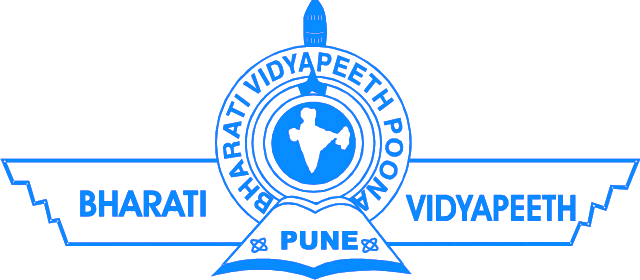Department of Computer Engineering
Department Vision:
“To contribute to the nation by imparting information technology based quality technical education.”
Department Mission:
- To provide excellent computer engineering education with high values through continuous teaching learning practices.
- To induce ethical values and spirit of social commitment to reach the unreached.
- To evolve methods continuously to maintain computer advancements as well as acquire software knowledge to face new challenges.
» Program Educational Objectives, Program Outcome and Program Specific Outcomes (PEOs, POs and PSOs)


